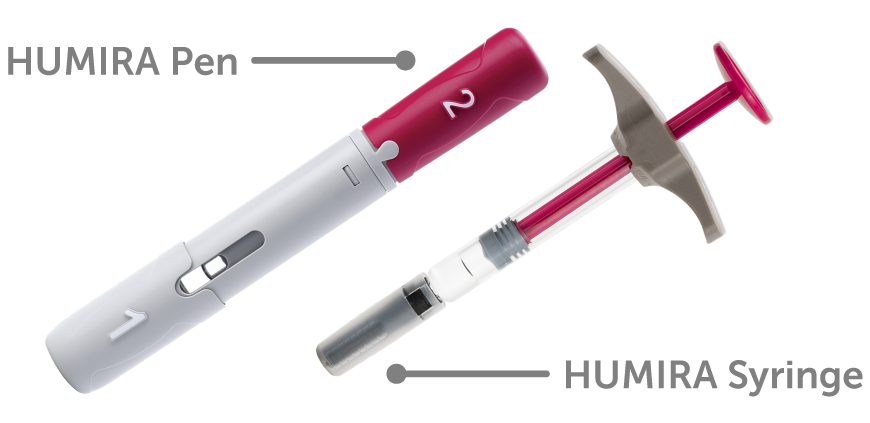Humira is a drug used to reduce the effect of substances that can cause inflammation, so they are used to treat many inflammatory conditions in adults, such as psoriasis arthritis, rheumatoid arthritis, plaque psoriasis, ankylosing spondylitis, and a skin condition called hidradenitis suppurativa.
It is also used in adults and children of specific ages to treat ulcerative colitis, Crohn’s disease, uveitis, and juvenile idiopathic arthritis. Humira belongs to the drug class called tumour necrosis factor blockers; they work by suppressing the immune system so it can’t cause inflammation. It contains an active ingredient called adalimumab, a biological medication obtained from living cells.
Dosage
The dosage for Humira depends on the condition and age. The drug is used to treat a wide variety of illnesses, so your doctor will give you a prescription after assessing your condition. The first dose is always higher than usual so that it can produce the desired effect quickly. Then, your doctor will lower the dosage over time till you can get the right amount for your condition.
Side Effects of Humira
The mild side effects of Humira include:
- Headache.
- Upper respiratory infections.
- Rash.
- Injection site reactions (pain, itching and swelling).
These side effects may disappear after a few days, but if they persist, talk to your doctor about them.
Humira can also cause severe side effects such as:
- Shortness of breath.
- Sudden weight gain.
- Joint pain.
- Swelling of the ankles or feet.
- Numbness and tingling.
- Dizziness.
- Weakness in your arms and legs.
- Chest discomfort or pain.
- Blood disorders.
- Belly pain.
- Jaundice.
- Loss of appetite.
- Fever.
- Vision problems.
- Liver problems.
- Nerve problems.
Precaution
Humira can increase your risk of severe infection, sepsis, tuberculosis, pneumonia, etc. since it suppresses your immune system. So, while taking the drugs, your doctor will monitor you closely to detect any infection on time.
This drug can cause an increased risk of cancer, especially cancer of the white blood cells (lymphoma).
Before taking Humira, let your doctor know if you have a medical history of nervous system reactions, heart failure, cancer, liver damage or hepatitis B. Also, tell your doctor if you are pregnant, breastfeeding, allergic to Humira or latex, or if you have any active infection.



